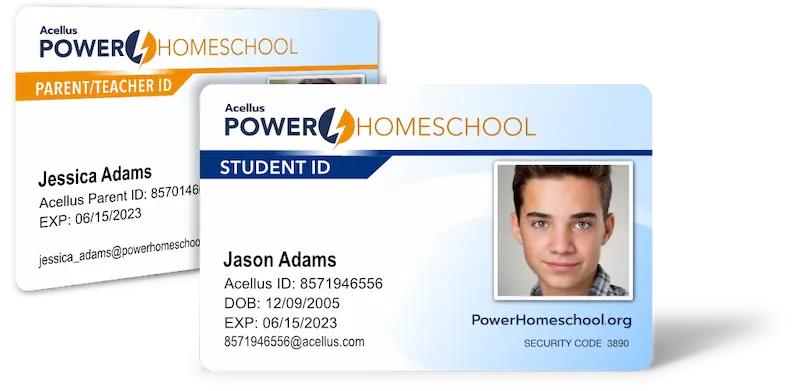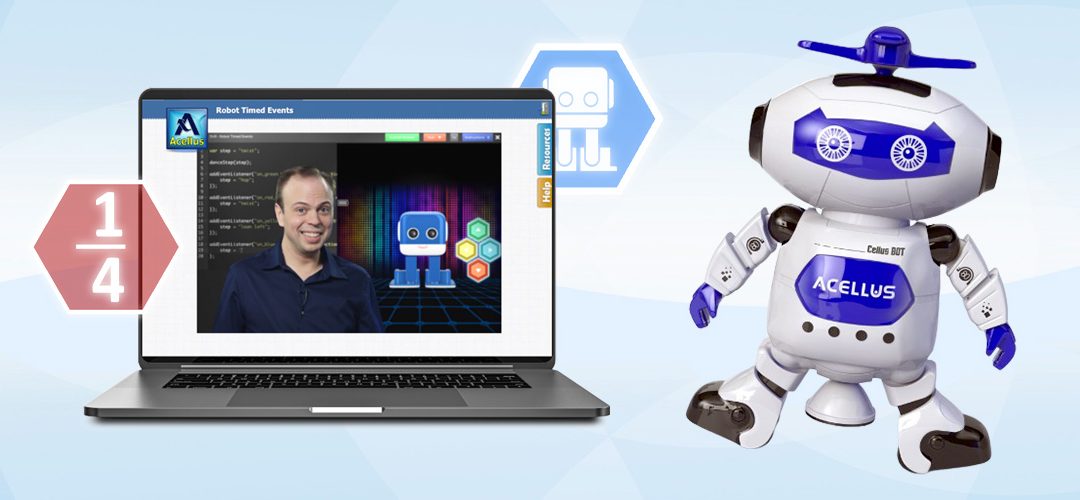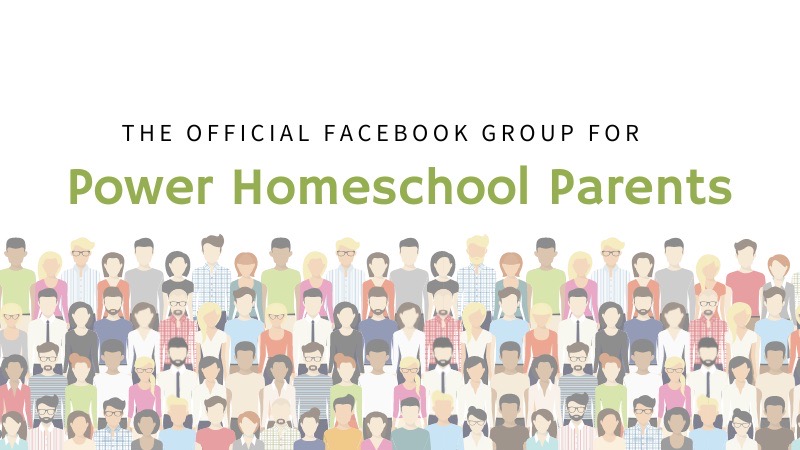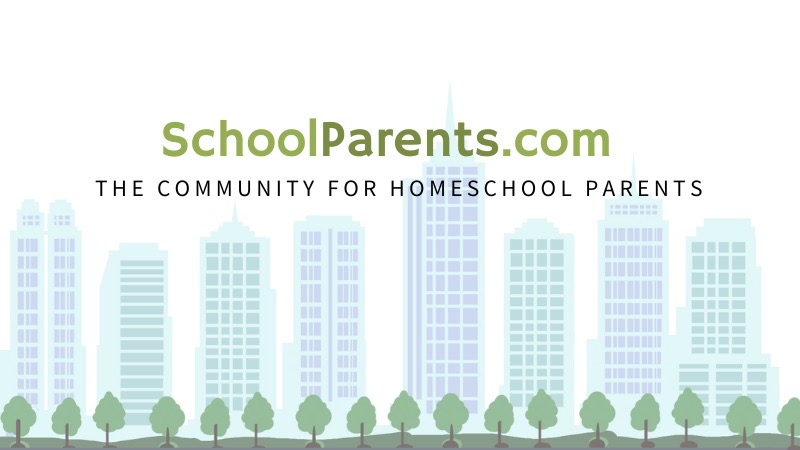
Homeschooling in North Carolina
Here are some useful resources that may be helpful as you are getting started.
Power Homeschool’s Homeschooling in North Carolina site highlights resources, helpful tips, support groups, and so much more!
Homeschool Laws and Requirements in North Carolina
Each state has different rules regarding a parent’s ability to homeschool their children and all the laws that they must follow.
How to Start Homeschooling in North Carolina
If you have decided that homeschool is a good fit for your family, you are probably wondering how to get started with the whole process.
Homeschool Groups and Support in North Carolina
Some of the best resources to help homeschool families be successful are homeschool associations, support groups, and co-ops.
Field Trips Available to Homeschoolers in North Carolina
The flexibility to go on more field trips is one of the many perks of homeschooling.
Find out what North Carolina has to offer!
Resources
North Carolina Homeschool Laws and Requirements
Many states have rules and guidelines regarding parents homeschooling their children. Here are some links to help you find information regarding North Carolina.
Important Considerations for Homeschooling Success
Create a Study Plan
When homeschooling in North Carolina, it is important to establish a clean environment where distractions are limited for your child to study on a regular schedule. Study routines are valuable for learning discipline. They also help your child stay on track with weekly, monthly and yearly academic goals. Create a schedule and expect your child to stick to it. Modify the schedule when necessary to help your child stay challenged while still able to achieve your expectations.
Read more: 10 Tips to Effectively Homeschool Online
Build Foundational Knowledge
As your child progresses in their studies, addressing gaps in their foundational knowledge will be crucial to their future success. For example, if your child struggles with basic math, it may become nearly impossible for them to master more advanced math concepts until they get help with their basic math challenges. In Acellus courses, Vectored Instruction automatically takes into account a student’s existing knowledge gaps and provides targeted interventions to bridge those gaps. If a student lacks the foundational understanding required for the new concept, the system automatically provides relevant remedial content before proceeding further.
It is crucial that students achieve early success with online learning so that their confidence will grow. Sometimes it may be necessary to place your child into an earlier course so they can begin experiencing success before they are ready to start moving forward with their learning.
Read more: Helping Your Student Excel in Acellus
KEEP RECORDS AND DOCUMENTATION
You should keep thorough records of your child’s education. This will be beneficial when they apply for colleges or jobs after high school. Power Homeschool’s online parent portal automatically makes it easy to track progress, download coursework examples, attendance, and keep transcripts of classes taken.
It is also a good idea to get student ID cards and parent/teacher ID cards. Many retailers and venues offer teacher or student discounts that can be claimed by showing ID cards. A professional student ID card with a good quality identification photo included is also an good way to show that your student is enrolled is a reputable homeschool program.

How to Get Started Homeschooling in North Carolina
If you are considering homeschool for your children, you are probably wondering where even to start. Starting homeschool is a big decision for parents. For North Carolina residents, you’ll need to do your research to make sure you can abide by the state’s regulations. Once you decide on homeschool, you need to submit a notice of intent to operate a homeschool with all the required information.
Next, you should select a homeschool curriculum. Power Homeschool’s online K-12 curriculum covers the core subjects of mathematics, science, language arts and reading, and math as well as electives, foreign languages, and health courses. Our FAQcan answer any questions you may have about our program.
Resources
Homeschooling Groups & Support in North Carolina
One of the reasons that homeschooling is on an upward trend is the amount of support that is available to homeschooling families. North Carolina is one of the most popular states for homeschooling.
The organization provides a magazine, a sports league for homeschool students, a yearly graduation ceremony, and an annual conference. Homeschool families can join the association by making a monetary donation of any amount.
In addition to the NCHE, homeschool support groups and co-ops are present across the state. Many local and regional homeschool groups will provide support and advice to parents and allow students to meet peers and make friends. These groups are easy to find with a simple Facebook query.
Homeschool co-ops are more academic-focused than homeschool groups are. Co-ops allow students to learn alongside other homeschool students. Some homeschool co-ops are focused on a specific subject or learning method, while others let religious beliefs drive lessons. No matter what type of homeschool group or co-op you are looking for, you will be able to find one filled with other families that hold the same values and interests as yours.
Check out our Power Homeschool Parent Support groups!
Resources
North Carolina Field Trips
Field trips are a wonderful way to enhance the homeschool experience by seeing concepts and lessons come to life. North Carolina has many field trips sites that teach students about wildlife, history, government, art, and so much. The following are just a few of the MANY field trips available in the state of North Carolina.
- Oconaluftee Indian Village in Cherokee: Learn about Cherokee history and culture by touring dwellings, visiting work areas, and viewing pottery, masks, and other pieces of artwork. On Mondays, children under 12 years old are free with adult admission.
- Linville Caverns in Marion: Homeschoolers can explore inside a mountain, learn about the caverns, and observe the wildlife that calls these mountains home.
- Ackland Art Museum in Chapel Hill: The interactive exhibits at this museum incorporate artwork from cultures across the globe dating back thousands of years. Guided tours are available for K-12 students.
- Aurora Fossil Museum in Aurora: This museum houses fossil collections of various animal species, Native American artifacts, and rocks and minerals. Educational programs and group tours are available for children of all ages.
- Guildford Courthouse National Military Park in Greensboro: Visit the site of a Revolutionary War battle that was a turning point for British military operations. Choose between indoor activities, guided tours, and special events for the whole family.
- Daniel Stowe Botanical Garden in Belmont: Explore various plant and animal species through exhibits and educational opportunities, such as special events, group tours, and homeschool days.
- High Point Public Library in High Point: Homeschool students can explore their love of reading with book clubs, contests, and movies. This library also offers special story time events and summer reading programs for children of all ages.
- Currituck National Wildlife Refuge in Carova: See animal species in their natural habitat on this wildlife refuge for birds, fish, and plants that are native to the region.
- North Carolina Estuarium in Washington: Tour more than 200 exhibits of North Carolina wildlife, artifacts, and interactive displays.
- North Carolina State Capitol in Raleigh: Visit the North Carolina State Capitol to learn about the state’s history and government. Guided tours are available by appointment.
Other Articles You May Be Interested In:

The Positive Impact Homeschooling Can Have on Students’ Mental Health
Homeschooling has well-known benefits like robust technological platforms, personalized academics and flexible schedules. Plus, homeschooling could be a better choice for your family for numerous other reasons, including its impact on mental wellness. Understanding...

The Benefits of Ongoing STEM Education
It's no secret that education is the stepping stone to a long and enriching career. However, offering your child a well-rounded education opens the door to a world of opportunities even beyond their future jobs — with the right knowledge, kids can grow into capable...

Why Video-Based Instruction is Effective for Homeschool
Whether you are a parent currently homeschooling a pre-K-12 student or someone considering an online homeschool program, you must decide what tools to incorporate into your student's instruction. To help, we break down what a homeschool curriculum with video...

Top Reasons Parents Switch to Homeschool
Are you considering switching your child from public school to homeschool? Homeschooling, once seen as unconventional, has come into the spotlight as more parents choose to take charge of their children's education. From higher-quality lessons to one-on-one attention,...










